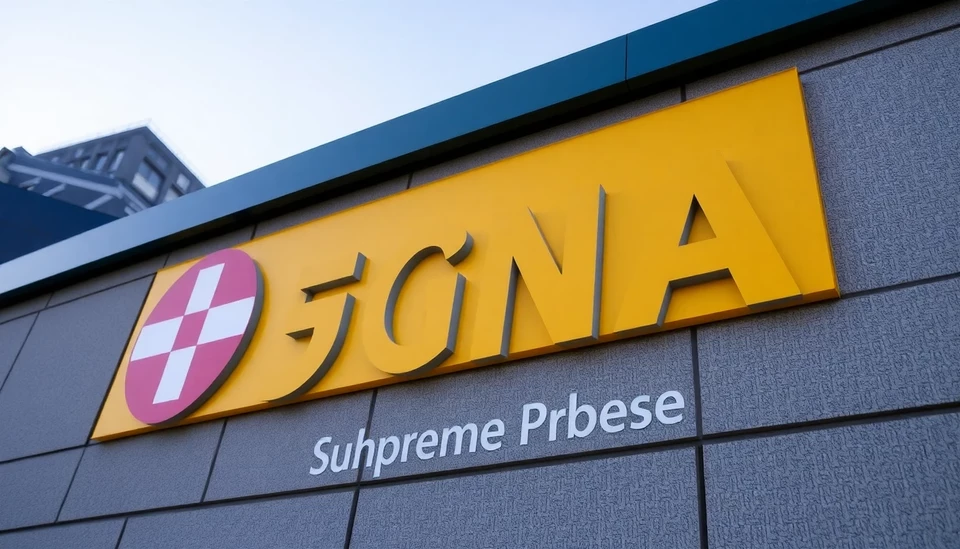
In a significant turn of events, Signa, a prominent Austrian real estate group, has seen its restructuring efforts come to a sudden halt following a ruling by the Austrian Supreme Court. The court has ordered the company's bankruptcy, effectively putting an end to its attempts to navigate through financial turmoil. This decision marks a critical moment for Signa, which had been striving to stabilize its operations amid mounting debts and a troubled market.
The court's ruling underscores the challenges faced by Signa, particularly in light of its aggressive expansion strategies in recent years that included high-stakes investments in luxury properties across Europe. However, rising interest rates, fluctuating property values, and a constrained credit environment have hampered the company's financial health, leading to an unsustainable debt load.
Previously, Signa had initiated a restructuring plan designed to alleviate its financial burdens and set the stage for a potential revival. The plan involved negotiations with creditors and an effort to renegotiate several of its financial obligations. However, these measures failed to convince key stakeholders, ultimately resulting in the judiciary's intervention.
The Austrian Supreme Court's order indicates that the company now faces a formal bankruptcy process, which will involve the appointment of a trustee to manage its assets and oversee the liquidation process, if necessary. This could lead to significant asset sales, impacting not only the company itself but also the broader property market in regions where Signa owns significant stakes.
Market analysts suggest that the abrupt end to Signa's restructuring plans might create ripples throughout the commercial real estate sector, as other companies with similar financial strains could face increasing pressure. The situation calls into question the viability of certain investments made in a previous era of low interest rates, as rising costs and economic uncertainty take their toll on the industry.
As creditors brace for the fallout from the ruling and market observers assess the landscape, the future of Signa remains uncertain. Stakeholders are now contemplating the implications of the bankruptcy on potential investments and the overall health of the real estate market in Europe.
The unfolding situation cast a long shadow over what was once a leading name in luxury real estate, highlighting the industry's vulnerability to macroeconomic shifts. As the bankruptcy process gets underway, all eyes will be on how the assets of Signa will be managed and distributed, as well as the broader impact on market dynamics.
With the real estate giant now facing a daunting challenge, the unfolding bankruptcy will undoubtedly serve as a case study for others in the industry grappling with similar financial distress. The necessity for strategic planning and robust financial management has never been clearer in an environment marked by unpredictable fluctuations.
As we await further developments, the implications of Signa's downfall suggest a pivotal moment for stakeholders in the real estate sector, emphasizing the importance of vigilance and prudence in navigating financial challenges.
#Signa #Bankruptcy #RealEstate #Austria #SupremeCourt #FinancialCrisis #MarketImpact
Author: Laura Mitchell




